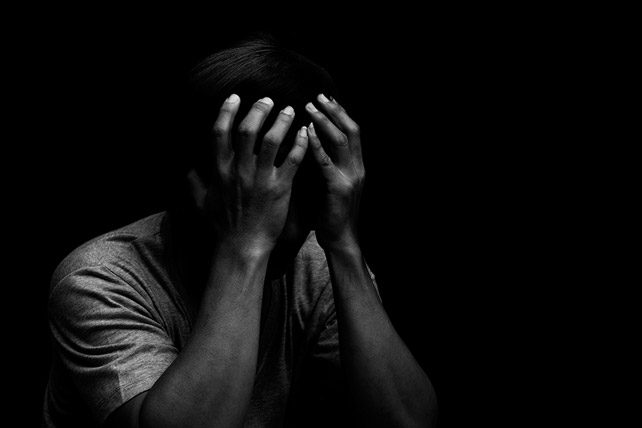According to the Centers for Disease Control and Prevention (CDC), from 1999 to 2018 the suicide rate in the United States surged by 35%. As a result, it became the 10th leading cause of death in the U.S.
These rates have risen across almost every age group and for both males and females, with males remaining the most likely to die by suicide. In 2018, the suicide rate was 22.8 per 100,000 males. This is nearly four times the rate of women. But the rise of suicide among women is greater. Between 1999 and 2018, the rate among men grew by 28%, but among women, it grew by 55%.
But then, thankfully, for two straight years – 2019 and 2020 – the suicide rate declined.
It was a short reprieve.
After two consecutive years of declines, the U.S. suicide rate rose in 2021 by 4%, driven largely by suicides among men. Males ages 15-24 experienced the sharpest increase (8%). Sally Curtin, a health statistician at the National Center for Health Statistics said, “The declines have almost been totally wiped out by this increase.”
Suicide has been historically condemned by the Christian faith, and rightfully so. The Bible is clear: “You shall not murder” (Exodus 20:13, NIV). And the reason is simple: life is sacred. The fact that each and every one of us was created in the image of God gives each and every one of us infinite worth and value. Taking it upon ourselves to end a life is the ultimate act of defiance against God, for life is His and His alone to give and take. The taking of a life is showing contempt for God and His image; it is not ours to do with as we please.
This includes murdering ourselves.
But it is not the unforgivable sin, nor something that automatically commits you to hell. It is clearly the wrongful taking of a life and a violation of the sixth commandment. It is never God’s dream or desire. This is why the stunning increase in suicide rates should be alarming to all Christians.
But not just alarming.
It should be a clarion call for change.
These are people who need our compassion and our help.
Yet within the Christian community, where openness and grace should flow the richest and deepest, where the masks are meant to come off and safety offered to all, owning depression is virtually taboo. There is an unwritten rule that people of faith shouldn’t be depressed. The prevailing idea is that the Christian faith is to be a faith of joy, making depression a sin, which means there is no excuse for a depressed spirit. As a result, depressed people have been riddled with guilt, have hidden in shame, and have been afraid to surface in order to get the help they need.

